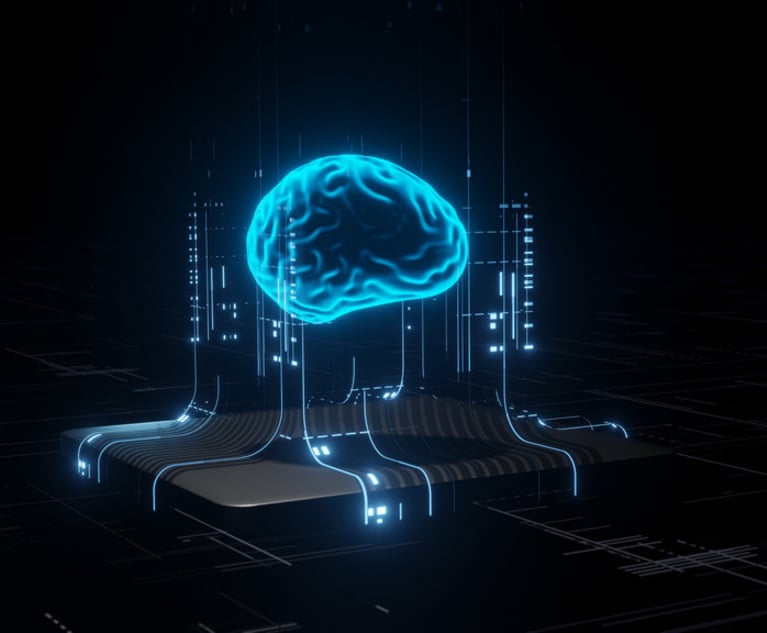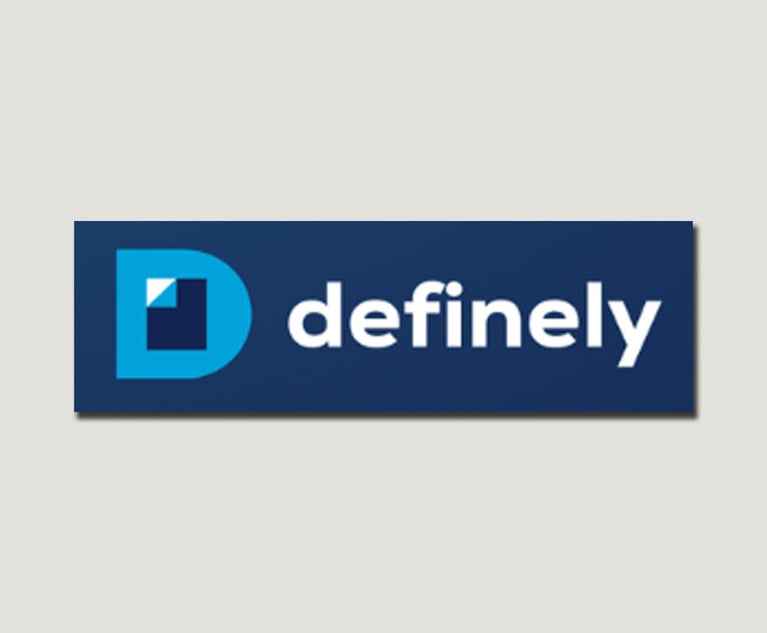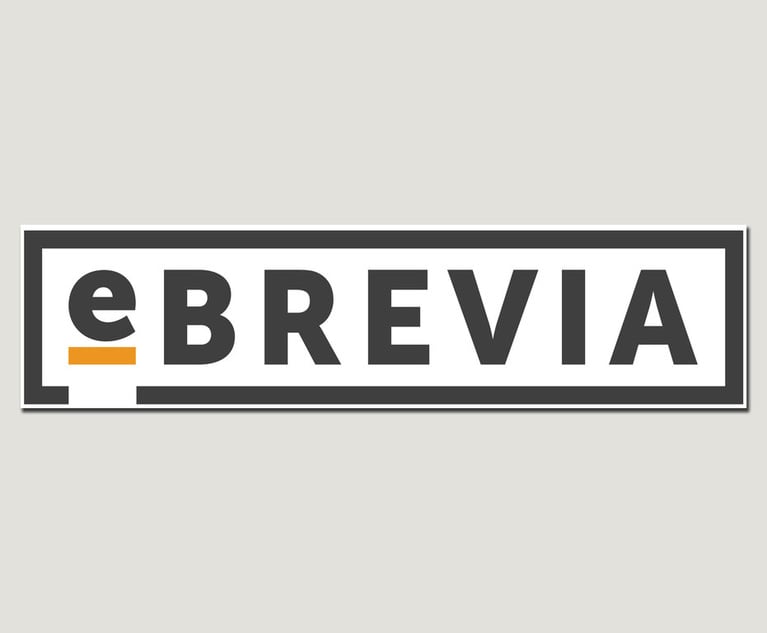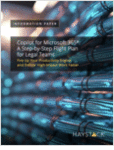While the legal industry has been warming up to generative artificial intelligence—with legal technology vendors releasing new tools, law firms experimenting with generative AI-powered solutions, and attorneys educating themselves on the ins-and-outs of the tech—one group seems to stick out as the last one to jump on board: judges.
In fact, after a New York lawyer submitted a brief written by ChatGPT with fake case citations last month, several judges issued orders requiring attorneys to disclose their use of generative AI tools in legal work filed in court. One in particular cast an even broader net, requiring the disclosure of the use of any kind of artificial intelligence.
This content has been archived. It is available through our partners, LexisNexis® and Bloomberg Law.
To view this content, please continue to their sites.
Not a Lexis Subscriber?
Subscribe Now
Not a Bloomberg Law Subscriber?
Subscribe Now
LexisNexis® and Bloomberg Law are third party online distributors of the broad collection of current and archived versions of ALM's legal news publications. LexisNexis® and Bloomberg Law customers are able to access and use ALM's content, including content from the National Law Journal, The American Lawyer, Legaltech News, The New York Law Journal, and Corporate Counsel, as well as other sources of legal information.
For questions call 1-877-256-2472 or contact us at [email protected]

 Credit: dodotone/Adobe Stock
Credit: dodotone/Adobe Stock








